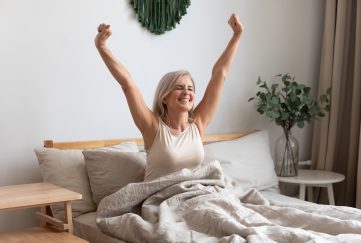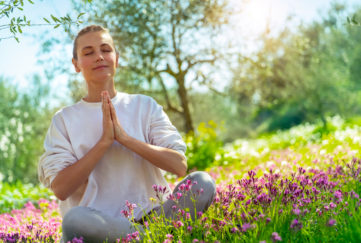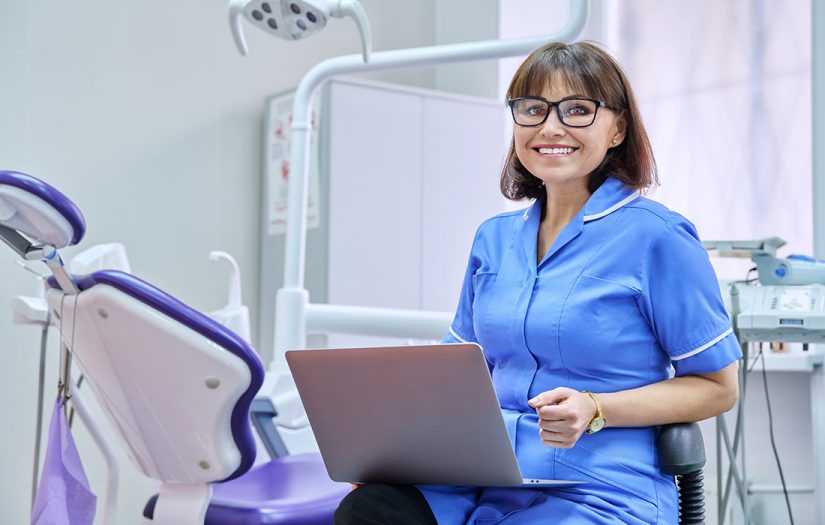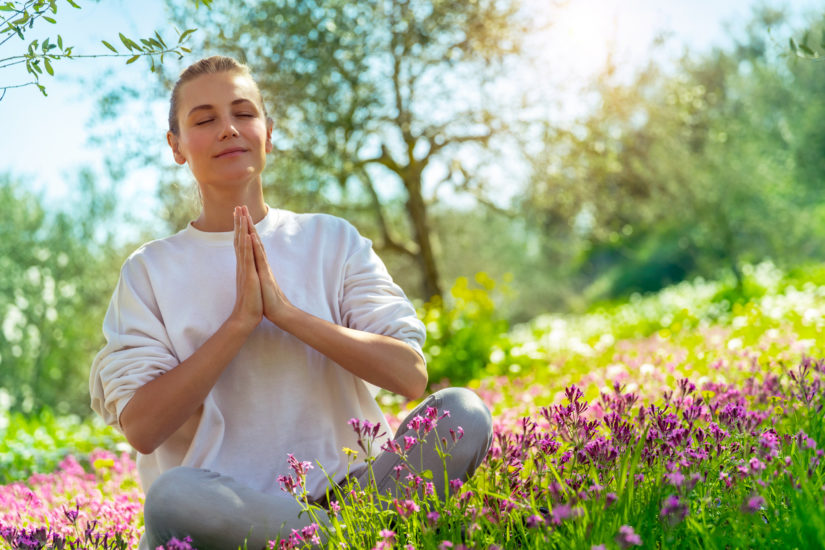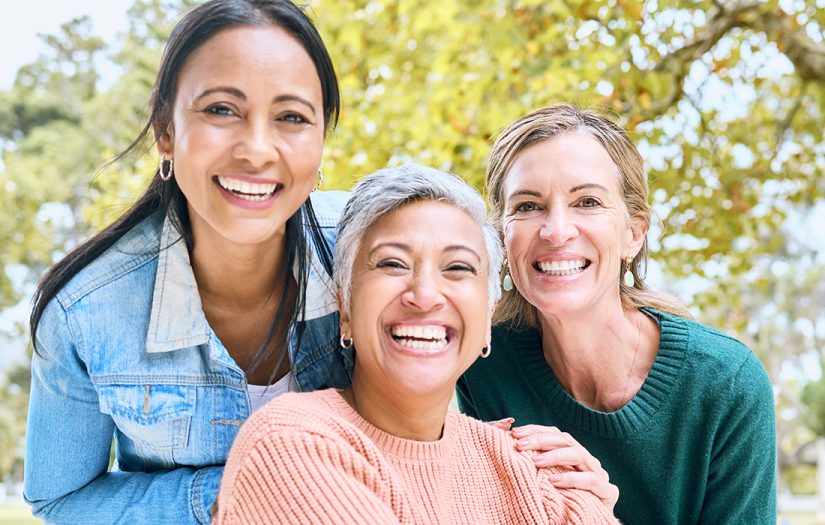How To Boost Your Health After Lockdown
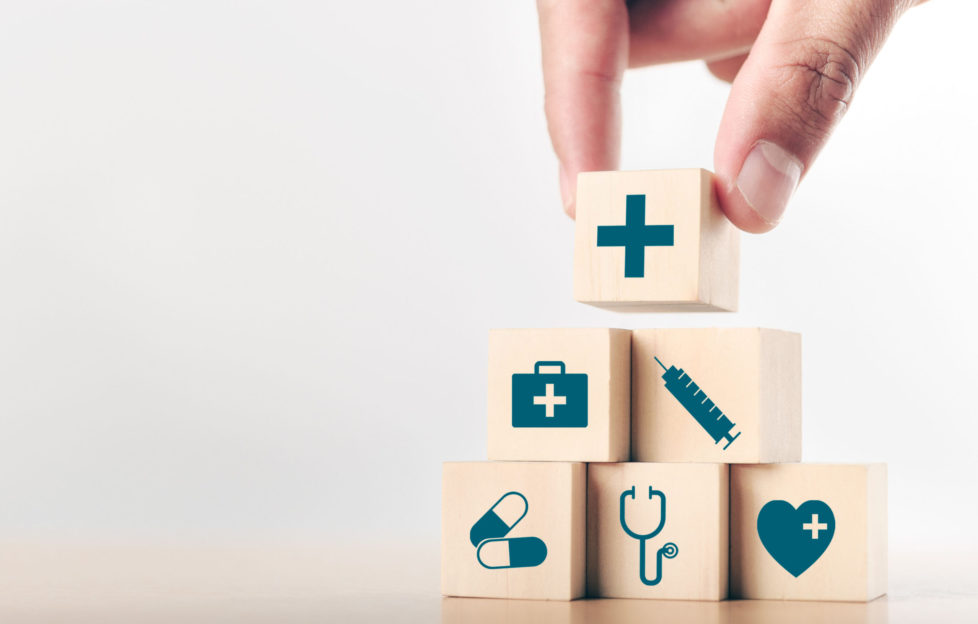
This last year has had a huge impact on every one of us, both physically and mentally. So how can you boost you health after lockdown finally ends?
Bupa Health Clinics’ interim medical director, Dr Alexandra Oliver, gives her top five tips:
Ease yourself back into exercise
While many people have got into a routine of walking much more over the last few months, going back to the gym can feel daunting.
With restrictions eased and gyms now fully open, it’s important to gradually introduce weight training back into your routine. You will use different muscles that may not have been worked properly since the gyms closed, so take your time.
Or, why not use the gyms opening to try a group class, like dancing or Zumba? Not only does it mix up your exercise routine, but it’s also a great opportunity to meet new acquaintances.
Make sure you’re easing yourself steadily back into your exercise regime, as overdoing can result in injury. Even if you’ve been doing workouts at home, they’re unlikely to be the same level of intensity as you’d do at the gym.
Start with lighter weights and build it up slowly. Light weights will engage the muscles you want to and get them used to the additional stress that weight training puts on them.
Understand the rules and respect other people
Although this may seem obvious, being aware and understanding the rules are a good way of protecting your health.
Rules and guidelines are there to keep us safe.
Whether going to a gym or out to meet friends, it’s important to follow guidance that makes it safe for you. Make sure you’re respecting other people’s space as some may be finding the easing of restrictions an anxious time.
Go at your own pace
With everything reopening again and not having seen friends or family since restrictions were introduced, it can be easy to throw yourself back into a busy social life.
Don’t force yourself to start again immediately if you don’t want to – after a year of restrictions, it’s OK to need to take time to readjust. Try talking to your family or friends about any worries you have. There’s a good chance they may feel the same.
Take a step back and move plans until you feel more comfortable, too. Feeling anxious is a perfectly normal but it’s important to manage it. Listening to podcast, doing breathing exercises and talking to someone can all help reduce these feelings, too. If you’re really struggling with anxiety, please speak to a GP.
Also, remember your body isn’t used to a busy lifestyle. Ease yourself back in slowly and ensure you have time to recover.
Many people may also have drank less alcohol over the last few months, so it’s important to remember that your body and tolerance to alcohol has changed and you might need to be sensible and take it steady.
Get enough sleep
Getting enough sleep is important to make sure you’re functioning properly. If you’re anxious or stressed, your body needs more sleep to recover.
As restrictions begin to ease, make sure you’re getting enough sleep, aiming for 7.5 to 8.5 hours per night. Try and set a good routine, going to bed, and waking up at a similar time, as this will help keep your sleep on-track.
If you work, eat, or watch TV in your bedroom, you may find it hard to switch off and go to sleep.
The light (especially blue light) and stimulation from electronic devices can activate parts of your brain and keep you awake. It can affect your body’s ability to produce the sleep hormone melatonin and disrupt your body’s natural cycle (circadian rhythm). If you have trouble sleeping, it’s even more important not to use electronic devices before you go to bed.
Get a routine health check
Finding out where your health is up to can help to kickstart your fitness and wellbeing journey. It’s a great way to get a full picture of your current health and wellbeing, covering both physical and mental health.
You could get your health checked privately through a health assessment. At your appointment you’ll have a suite of tests, from blood tests, musculoskeletal (MSK) mobility and flexibility assessment to a mental wellbeing discussion.
Following the tests, you’ll have dedicated time to talk through your results and get advice on how to make sustainable and manageable lifestyle changes.
For anyone who is worried about their physical or mental health, please seek help from a GP.
For more health tips from “The People’s Friend”, click here.



